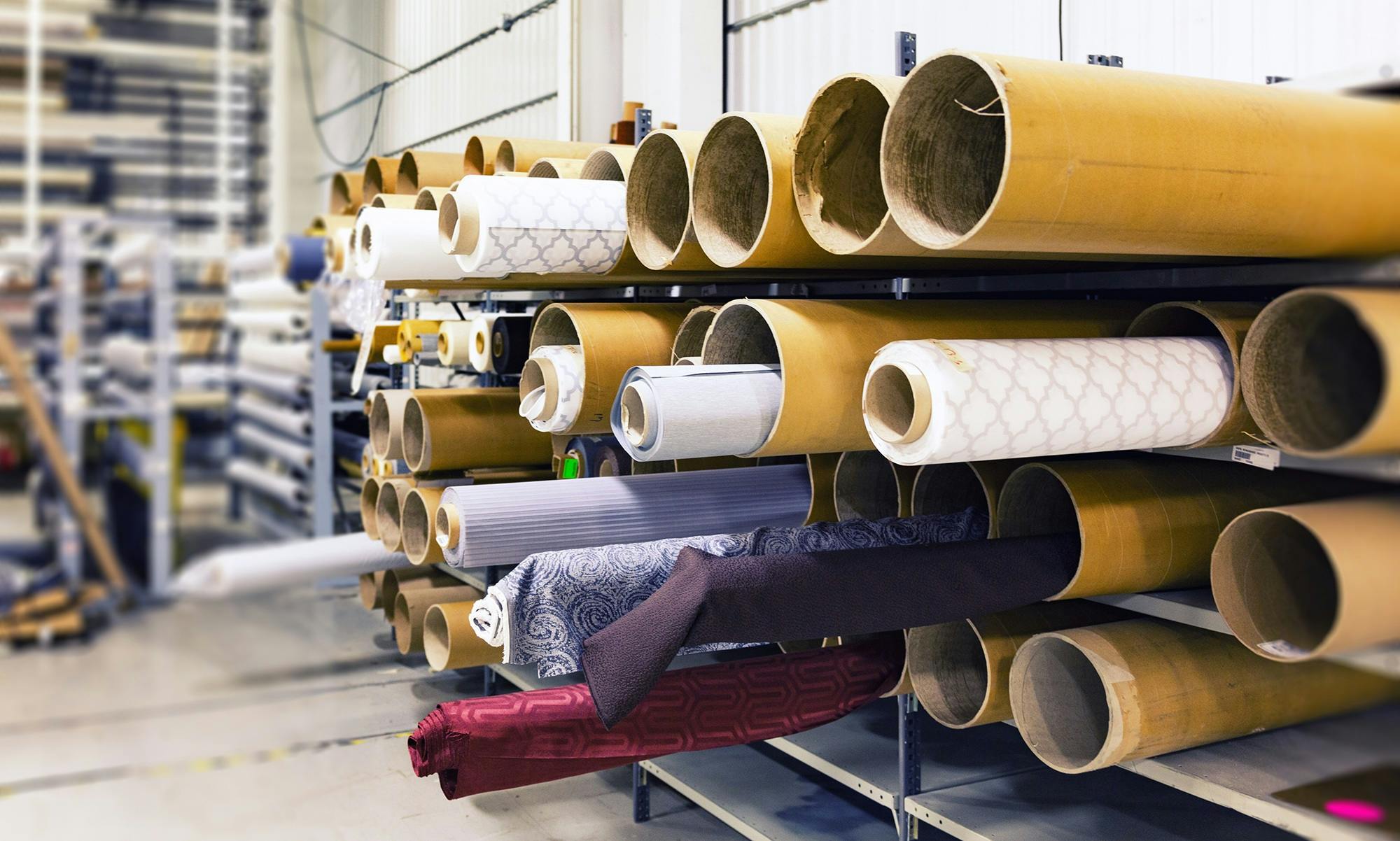Control system integrators are a key part of the automation industry. Control systems provide managers with a platform to monitor and control various aspects of their business, from manufacturing processes to equipment operations. They have an integral role in the success of these projects as they work closely with customers during the design and implementation phases, ensuring that they meet all requirements.
What is an integrator and what do they do?
We can consider control system integrators as a liaison between customers and manufacturers. They provide managers with a platform to monitor and control various aspects of their business, from manufacturing processes to equipment operations. Integrators work closely with customers during the design and implementation phases.
The three types of control integrators
There are three major categories within the field: machine builders, turnkey providers, or consulting engineers.
- Machine builders offer complete solutions for industrial automation projects, including control hardware (PLCs) and software (HMI), engineering services such as programming code, electrical schematic diagrams and more, along with installation services like commissioning the finished product on site.
- Turnkey providers handle most or all aspects of a project, including the design and engineering services.
- Consulting engineers offer technical consulting services to help customers evaluate their manufacturing needs, develop an appropriate control system strategy for the project, then either implement or oversee implementation on-site.
How to choose the right one for your business?
There are many options for choosing an integrator based on size, capabilities, and industry specialization. When selecting an integrator, make sure they have experience with similar products that you require so that they can better understand how best to meet your requirements.
Integrator Benefits
Control system integrators, despite having challenges, bring many benefits to the table. Here are three tips on things to look out for:
- Expertise – control systems can be complex and difficult for non-experts to navigate; an integrator will have years of experience in design, implementation, and integration. They will also provide training for your staff so that they become familiar with their new automation solution.
- Flexibility – Integrators work closely with you during all stages of development (design, installation) ensuring that everything is done according to specification. This leaves little room for error or issues later on after project completion by reducing customization requirements throughout the process, which saves time and money down the line.
- Customer service – A good control system integrator provides a personalized approach to your business and its needs. They will provide you with the services throughout the process so that they can minimize disruption, resulting in a smooth transition to automation.
If you’re looking for one to help with your manufacturing needs, reach out to our team and we will be happy to answer questions you might have about integrating a new machine or improving production efficiency on current equipment!




